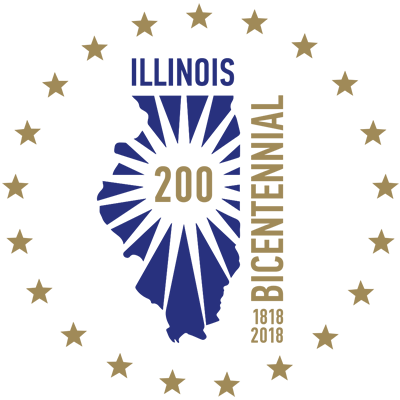When to call 911
The emergency telephone system ( 911 ) assists citizens with FIRE, MEDICAL or POLICE emergencies.
When to dial 911: Dial 911 to report a fire, a crime, a medical emergency, or any other situation requiring the immediate response from a fire engine, ambulance or police car.
When you dial 911 an operator will answer and ask “What is your emergency?”
- You should answer clearly and concisely. If you do not speak English try to just say “HELP”.
- Stay on the line and DO NOT HANG UP.
- Try to stay calm and carefully answer the Emergency Dispatcher’s questions. These questions are vital!
- Stay on the line if you can and you are not in any immediate danger.
- Turn on an outside light to help locate your residence and flash it on and off when the emergency personnel approach your location. If no light is available use a flashlight.
- Send someone to the curb or to a safe location near the residence to direct them to the scene if possible. Do not go into the street or roadway to flag down responders. Stay safe!
- Emergency Dispatchers may provide instructions depending on the emergency. Be ready for them.
- For medical emergencies have someone ensure there is a clear path to the patient.
- Lock any pets into an adjacent room prior to emergency responders arriving on scene.
Be ready to give the following information:
- Nature of the problem (is the patient conscious and breathing?)
- Location / Address (if you are unsure, give landmarks and what you see around you)
- Phone Number (in case you get disconnected the operator can call you back)
- Your Name (the callers)
- Other pertinent information (Medical history, number of victims, types of vehicle if a car accident)
- If the call is not life threatening the non-emergency number should be used Fire Department (708) 331-3123 or Police Department (708) 331-3131. By calling 911 can create delays in handling other very serious emergencies that require immediate attention. The following are guidelines for the proper use of the 911 system for FIRE and MEDICAL emergencies in areas covered by the South Holland Fire Department.
CALL 911 For a LIFE-THREATENING EMERGENCY such as:
- Breathing difficulty / shortness of breath / breathing has stopped.
- Choking (can’t talk or breathe).
- Constant chest pain – in adults (lasting longer than two minutes).
- Uncontrollable bleeding / large blood loss.
- Drowning.
- Electrocution.
- Drug overdose / poisoning.
- Gunshot wounds, stabbings.
- Vomiting blood.
- Sudden fainting / unconsciousness
- Convulsions / seizures (uncontrolled jerking, movements the patient may fall to the floor).
- Severe allergic reaction (difficulty breathing / unresponsive)
- Major burns (white or charred skin: blisters and redness over large area).
- Someone who will not wake up, even when you shake them.
SEVERE injuries from:
- Traffic accidents
- Head Injury
- Significant falls
- Physical entrapment (i.e. car accident with victim trapped in the vehicle)
DO NOT CALL 911 FOR NON-EMERGENCY CALLS
Examples of NON-EMERGENCY situations are:
- MINOR illness or injury not requiring immediate help
- Flu/common cold
- Chronic (ongoing) aches and pain
- Minor cuts
- Broken fingers or toes
- Emotional Upsets
- Routine transportation to medical offices, clinics and hospitals — use taxi cabs or call a PRIVATE AMBULANCE listed under AMBULANCE in your local telephone directory.
- Weather Reports and Road Conditions
- Pets up a tree, barking dogs, excessive noise that is non-urgent
- Power outages or inquiries
Remember, these are general guidelines — If there is any doubt, call 911

